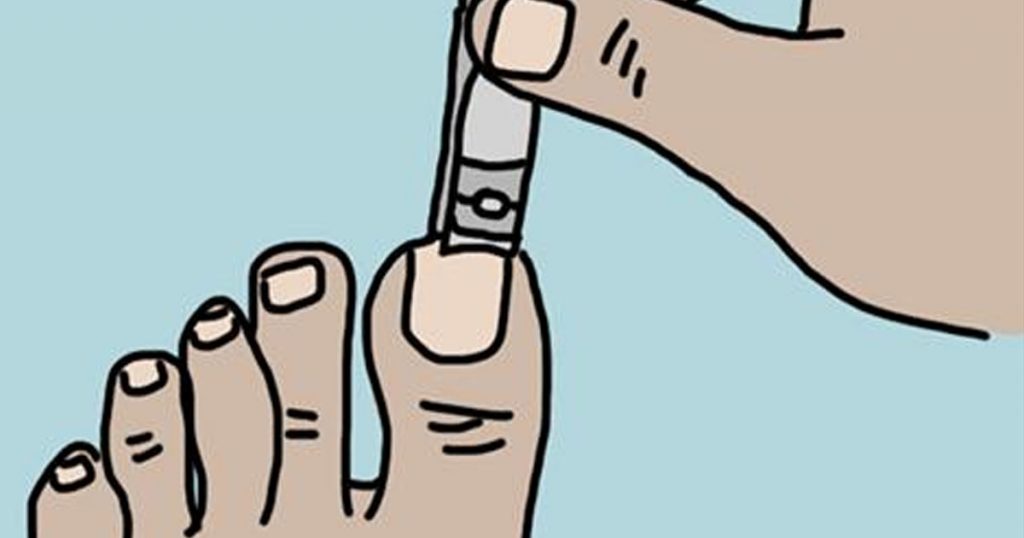Pop culture lied to us about who the “bad kids” really are: Films like the Breakfast Club suggested that pot smokers were detention-room regulars, and bands like Blink-182 and the Black Lips told us that substance abusers and teenage dropouts are one and the same. But new research suggests that society’s been focusing on the wrong teens. Turns out it’s the students at the top of the class that are the best at being bad.
The new study, published in the journal BMJ Open, compared the weed-smoking and booze-drinking habits of over 6,000 British teens with their grades over the course of seven years and uncovered an unexpected link: Kids who bring home A+ report cards early on have a higher risk of getting mixed up with alcohol and weed later. In particular, the researchers found that kids who show high academic promise at age 11 are associated with “an increased risk of drinking alcohol regularly and cannabis use.”
To those who say these smart kids are just going through a phase, the research says think again: the drinking and marijuana-smoking habits, the scientists found, persist into early adulthood, dispelling the idea that “high academic ability is associated with temporary ‘experimentation’ with substance use.”
To carry out their analysis, the researchers from University College London used data from the Longitudinal Study of Young People in England survey and national test scores, which together gave them information about students’ academic ability beginning at age 11 and their “health behaviours” — that is, how much they were turning up over the course of their early adolescence (around age 13-17) and late adolescence (around age 18-20). Running regression models — a way to estimate the relationship between the different variables in the data — showed that high academic achievers were “more than twice as likely to drink alcohol regularly, occasionally or persistently.” Kids with “medium” or “high” academic ability were “more likely to use cannabis occasionally or persistently.”
Taken together, the research raises some questions about why and how teens get started on booze and alcohol in the first place. While it might be argued that the observations are rooted in the link between high cognitive ability and “openness to experience” — a personality trait describing a person’s willingness to experiment — the fact that the habits lasted way longer than what we’d consider a “phase” raises doubts about this theory. Another explanation: Smart kids are better accepted by older peers, who are more likely to give them alcohol and drugs. It’s possible, too, that mom and dad play a role when it comes to alcohol; the researchers note that parents who have high cognitive ability have been shown to drink more (but not hazardously), and so their kids, who might have inherited their intelligence, would be exposed to more booze growing up. There are a number of confounding factors in the study, the authors acknowledge, but overall, the results should nudge public health officials to think twice about who they consider high-risk kids.
Not all of the findings relating to smart kids were negative: The analysis shows that high-cognitive children had a lower risk of smoking cigarettes later in life, suggesting that they’re wise enough to heed anti-tobacco PSAs. It also shows, perhaps unintentionally, that it’s probably unfair to peg the smart, diligent kids in the class as total squares — and gives credence to the old adage “work hard, play hard.”






